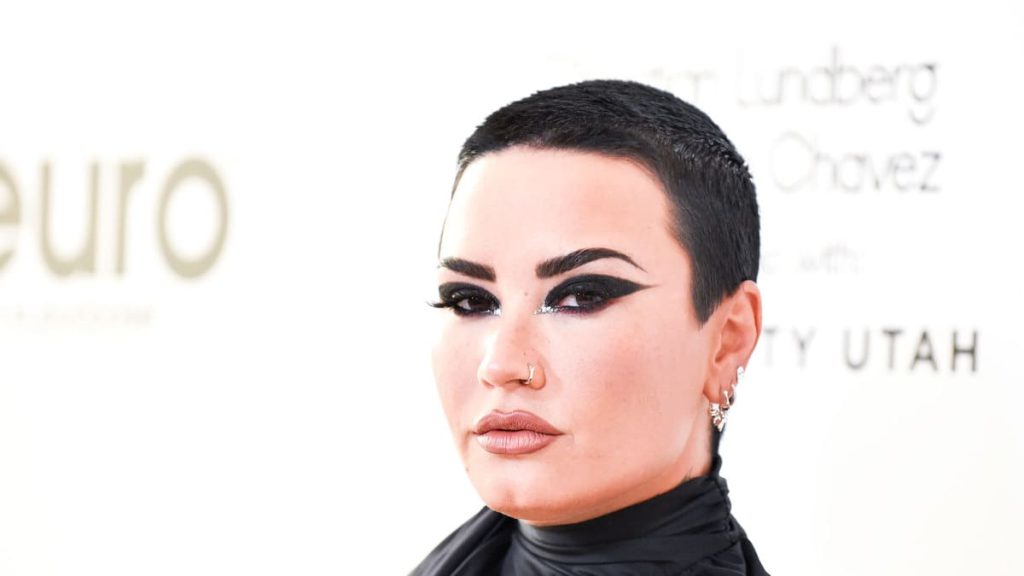Blog Post
Of course Demi Lovato’s latest pronoun change is ridiculous, but it’s not inconsequential
By Jonathon Van Maren
Last year, I wrote in this space about pop star Demi Lovato’s decision to announce that she was “gender-fluid” and adopt “they/them” pronouns. I noted that it is tempting to write off these stupid little culture stories as mildly pathetic attempts by celebrities to break through the noise and tap into the current cultural capital of the LGBT movement. Why should we care? The answer, of course, is that these stories serve to normalize an increasingly compulsory regime in which we will all be made to care – even those of us who intentionally live our lives oblivious to the soap opera of the celebrity reality show.
The response to Lovato’s latest announcement – that after a fluid year or so, she will be retiring the gimmick and returning to her she/her pronouns – has been predictable. Conservative commentators at The Daily Wire and elsewhere have responded with great guffaws, and this reaction is appropriate. The entire thing is obviously ridiculous. But the media reaction is indicative, and we should take note of it. Outlet after outlet warned people that this is not ridiculous; that we should take it very seriously; and even that Lovato wasn’t actually abandoning the they/them pronouns – she was simply adding the she/her pronouns. Some journalists made an ostentatious show of using they/them in their articles.
It is good to note what the elites take seriously, because it is the sort of thing they will be attempting to force us all to take seriously very shortly. Lovato told one commentator that: “I’m such a fluid person. Recently, I’ve been feeling more feminine, and so I’ve adopted she/her again.” The natural headline for this would be “bored celebrity gets over her flirtation with non-binary pronouns, which aren’t a thing.” But here’s what the Washington Post wants us to take away from this. The article is titled “Demi Lovato’s she/they pronouns can help normalize gender fluidity, advocates say”:
While some outlets’ language suggested Lovato had “gone back” to she/her pronouns, experts say it’s common for trans and nonbinary people to use multiple pronouns, and to interchange pronouns throughout their gender journey.
READ THE REST OF THIS COLUMN HERE









Since she has reached the age of around 30, she is likely going through what many women her age also experience: a sudden, overwhelming urge to marry and have children. Despite her gender confusion and supposed sexual identity, she is a woman attracted to men. But men aren’t interested in gender ambiguous non-women. Expect her to get married in the next couple of years and pretend that this little stunt never happened.